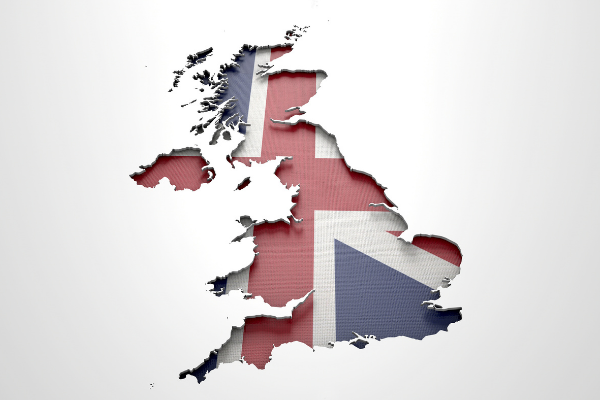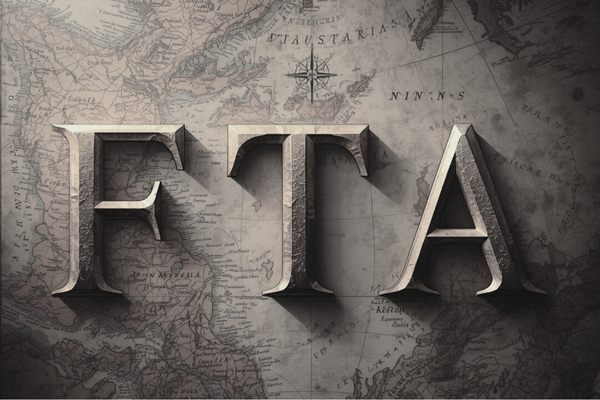BY:
SHARE:

Acronyms are a daily occurrence when you are involved in international trade, and we often come across the term 3PL. But what does it actually mean in practice? It stands for third-party logistics; essentially, 3PL providers offer outsourced services related to the shipping and handling of goods. These services encompass various logistical needs, making them essential partners for many businesses.
Why Use a 3PL?
Businesses often turn to 3PL providers for the same reason they outsource other functions like bookkeeping and human resources. Managing logistics in-house can be costly and complex. By outsourcing logistics to a 3PL, businesses can focus on their core operations while leveraging the expertise and infrastructure of specialised providers.
The Role of 3PL Providers
3PL providers handle a range of logistics functions, including:
- Warehousing: Storing goods in strategically located warehouses.
- Fulfilment: Managing order processing and packaging.
- Inventory Management: Keeping track of stock levels and ensuring timely replenishment.
- Customs Procedures: Handling the complexities of customs clearance for international shipments.
A critical distinction to understand is between 3PL providers and freight forwarders. While a 3PL takes full responsibility for the logistics operations, a freight forwarder acts as an intermediary, arranging transportation and handling documentation but not directly managing the goods.
3PL providers play a crucial role in modern supply chains, offering businesses the flexibility and expertise needed to navigate the complexities of logistics efficiently. By outsourcing these functions, companies can optimise their operations and focus on growth.
When it comes to international trade, compliance must be at the forefront of a business's priorities. This is especially critical for businesses operating in highly regulated sectors. The question arises: can a business trust a 3PL provider to adhere to these regulations?
Remember, if a 3PL is handling customs activities on your behalf as an importer or exporter, it is your responsibility to ensure compliance, provide evidence of these activities during an HMRC audit, and be aware of any VAT or duty requirements you must comply with.
OneCall™ Email assistance as and when required; A one-call solution for all your import, export and customs enquiries. Export help. Import help. Customs help.
Stay informed about customs and international trade matters by subscribing to our OneCall™ service. This comprehensive offering includes a dedicated email helpline for support, timely practical updates direct to your inbox (Did You Know?), monthly UK Customs & Trade Briefings and access to an interactive members' area with an exclusive community for our subscribers.
International Trade Updates & Spotlight Newsletter
Subscribe to our free information emails covering international trade topics...
MORE INDUSTRY INSIGHTS...









